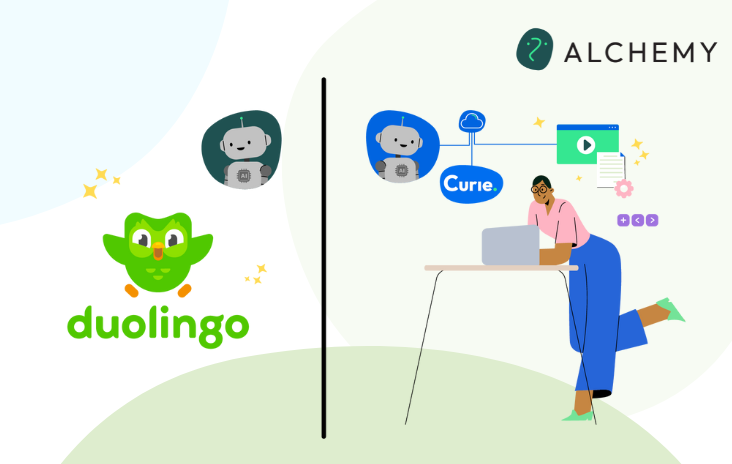
On this week’s episode of Change-Makers in Higher Ed, our CEO and host Carrie dove into an emerging form of certification, increasingly embraced by both higher education and corporations: micro-credentials.
What Are Micro-Credentials?
Micro-credentials are assessment-based certificate programs that offer student and adult learners focused coursework in specific areas of study. They are smaller in scope and take a shorter amount of time to complete, which is appealing to adult learners with jobs and families.
Who’s On This Episode?
Jessica Dupont is the executive director of market development and the student experience at Oregon State University. She’s devoted the past 25 years of her career in higher education to building a centralized online learning division — an e-campus — at OSU. Her focus is on access and affordability specifically for adult learners.
Sean Gallagher is the founder and executive director of the Center for the Future of Higher Education and Talent Strategy, and executive professor of educational policy at Northeastern University. His book, “About The Future of University Credentials” gives readers insight into what a university education will look like in the future and how micro-credentials and other certificate programs are rapidly evolving the advanced learning system.
Both Jessica and Sean highlight how micro-credentials are changing their institutions and higher education as a whole. They also emphasize the level of innovation micro-credentials bring to higher ed, as they are “stackable,” or can be combined toward a degree.
Carrie, Sean, and Jessica discuss some of the institutional hurdles to launching and delivering micro-credentials at colleges and universities. They also weigh in on the target audience for micro-credentials on a university campus versus within companies and corporations.
Why Are We Talking About Micro-credentials?
First and foremost, unemployment in the United States is around 3.9%. While there are 10 million available jobs, companies continue to struggle to find candidates with the required skill sets for the roles they need to fill.
Micro-credentials provide a new opportunity for companies to find and develop untapped talent and for individuals to acquire skills valued in the marketplace.
The National Student Clearinghouse estimates that 39 million Americans attended college but dropped out or did not earn a degree. Micro-credentials give these former students ways to attain skills or competencies that can open new job opportunities or pathways to a degree through stackable credentials.
Micro-credentials are also making learning more equitable, affordable, and accessible. They are closing equity gaps, which is a priority at institutions and in the workforce. Learning is an inclusive endeavor and micro-credentials are paving the way for a more open and accepting learning environment.
Tune In!
Are you curious why the traditional degree continues to be significant, even in professions where a degree is not needed? Do you want to hear how micro-credentials will grow and evolve in the next decade? Tune in to find out the answers to those questions and so much more!
Listen to this episode. See our episode list.
Play Now

